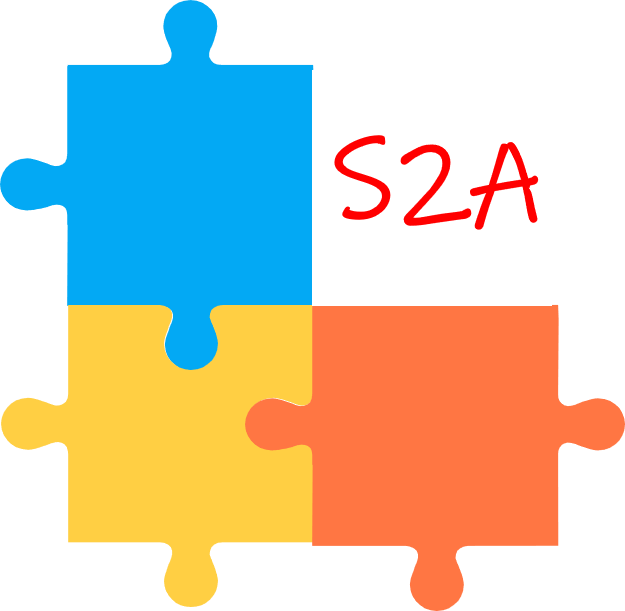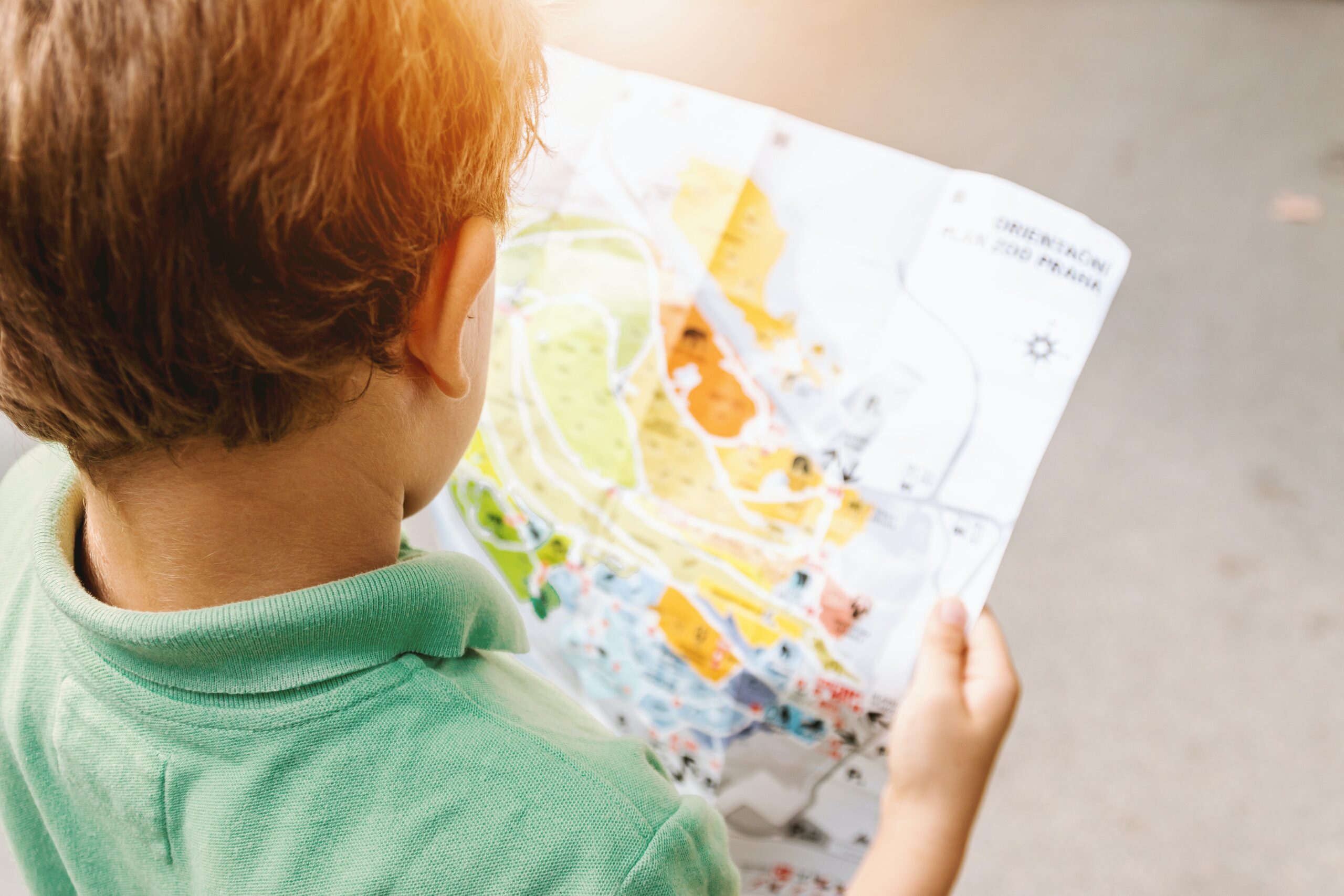Context:
Two-third of the children entering primary school today will be working in jobs in future that currently do not exist[1]. For today’s children to be successful in future times we cannot only be forming children capable of only learning that which is already known. Rather we should be trying to develop curious and persistent minds capable of discovery throughout their life.
“Everybody is a genius. But if you judge a fish by its ability to climb a tree, it will live its whole life believing that it is stupid.” Albert Einstein is often credited with this wonderful quote.

So, is formal education discovering geniuses or leaving them behind? Does formal education teach children relevant skills that they will need to tackle and succeed in the real world in 21st century?
Where are we today?
There is an old proverb that says:
“Tell me, I’ll forget
Show me, I might remember
Involve me, I’ll finally understand”
No wonder, kids don’t learn best looking at a chalkboard/whiteboard or just listening to a teacher’s monologue. The current formal education classroom delivery practice (i.e., pedagogy) has not evolved at pace over decades while technology on the other hand has made progress in leaps and bounds. Today’s children have a chasm between advanced consumer technology being commonplace in home environment and usage of technology and learning environments in classroom setting.
With the global pandemic led lockdowns and remote learning becoming a norm than exception, we have seen EdTech companies step up to fill in the gap. We see EdTech companies using advanced technologies to try make online learning effective and efficient. But is the current focus more on using data to better understand what the student knows rather than identify how well child interacts with content and learns best?
What can tomorrow look like?
Based on the work of David Kolb, experiential learning is, in short, learning through experience, activated in part by reflection on that experience. By giving students more real-world experiences, we can increase learning outcomes and better prepare them for the workforce.
What if we imagine a learning platform that is built on “student first” basis with an entire ecosystem (both human & technology based) to support learning outcomes. A platform that combines understanding of how a child learns best along with scaffolding the child to climb up the learning levels with adaptive interventions. One which integrates assessment & development of skills with academic learning.
A platform that uses interactive and immersive features to explain complex concepts and clarifies most doubts instantly. Expert educators who support in assimilating the project-based experiential learning for children through experiential sessions.
As Plutarch had put it, “it was not so much by the knowledge of words that I came to the understanding of things, as by my experience of things.” We are committed to Experiential based Holistic Learning (EHL) as the way forward for equipping our children to ace tomorrow’s world.



Comments are closed